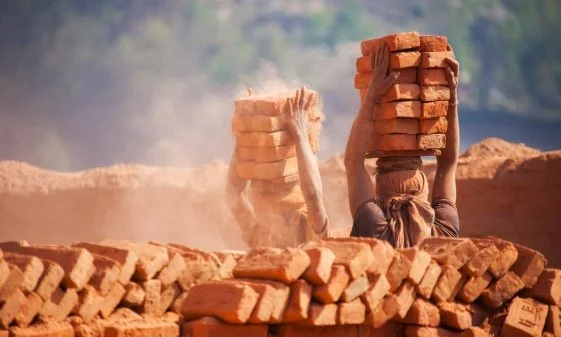
Dignity of Labour in India Must Mean Justice
In India, the idea of dignity of labour is missing in large part due to the caste system. While some discussion has begun, much of it centres on showing respect to workers or speaking favourably about their occupations. This limited framing can mask deeper issues of discrimination, exclusion and injustice. It does little to uphold the dignity of either the worker or the work.
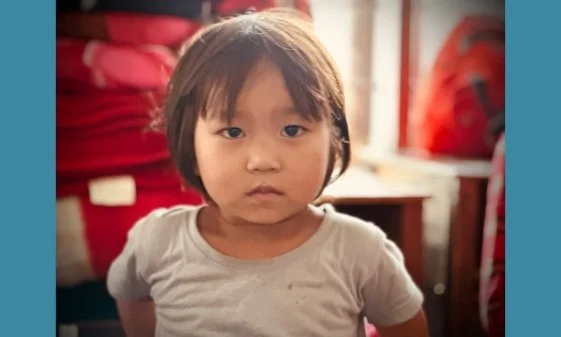
Why Has Biren Singh Been Included in Manipur BJP’s Bid to Regain Power?
N. Biren Singh, the former Chief Minister of Manipur, has arrived in Delhi with a delegation of Bharatiya Janata Party (BJP) legislators and former ministers to seek the revival of an elected government in the state. His inclusion deserves scrutiny, as the Supreme Court has ordered a forensic examination of audio recordings that allegedly feature his voice making remarks linked by petitioners to the ethnic violence. The visit also comes two weeks after a deadly attack on an Assam Rifles convoy that intelligence agencies suspect was politically motivated.
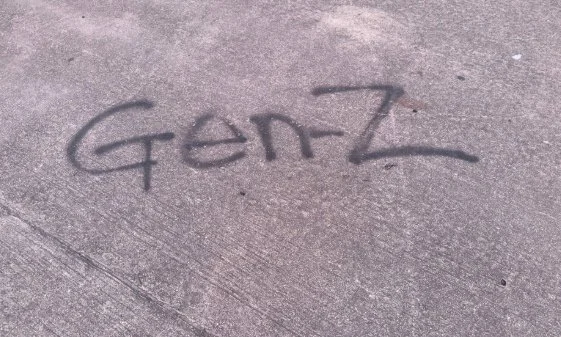
Nepal’s Gen Z Didn’t Topple the Government, But They Deserve Credit for It
Closer attention to what happened in Nepal suggests that the government did not fall solely because of the Gen Z protests, but because of the chain of events they triggered. It is crucial for Gen Z movements elsewhere to understand the role Nepal’s youth played in the change, so that their hopes are not misplaced and their decisions not misguided. The story also carries lessons for governments around the world.
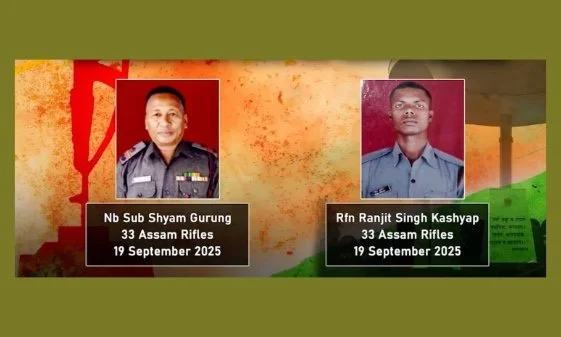
Manipur: Assam Rifles Ambush Raises Questions on AFSPA Rollback Strategy
Two soldiers from the Assam Rifles were killed and five others injured in an ambush by armed attackers on Sept. 19 as their convoy was passing through a crowded area in Manipur’s Bishnupur district, which had recently lost its designation under the Armed Forces Special Powers Act (AFSPA). The incident has exposed serious flaws in how security laws have been withdrawn from conflict-hit parts of the state.
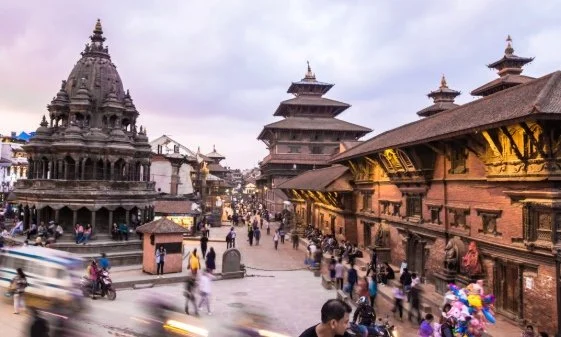
Nepal’s Gen Z Must Move from ‘Nepo Kid’ to ‘Every Kid Matters’
Nepal’s Gen Z recently led nationwide protests sparked by a ban on social media but driven by anger at corruption, nepotism and authoritarianism. The slogan “Nepo Kid” helped mobilise young people to reject inherited privilege and dynastic politics. Now that the government has been overthrown, the movement cannot remain defined only by what it opposes. It must advance a constructive agenda. One way forward is to move from “Nepo Kid” to “Every Kid Matters,” making inclusion a central demand. It is essential because the contrast between elite children and ordinary children will remain hollow unless the inequalities among ordinary children are addressed first.

Inside India’s Hidden Digital Market of Incest, Child Porn, Misogyny
On Sept. 10, an Instagram conversation with a young boy led me into a disturbing digital ecosystem where violent sexual content circulates freely. I now fear that a generation of boys may grow up normalising harmful sexual behaviour and misogyny.
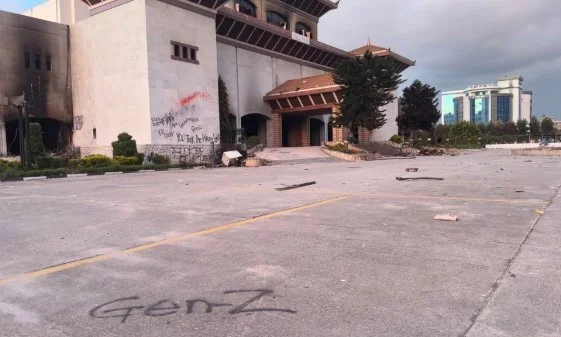
Can Nepal Break Its Cycle of Revolutions?
Nepal has recently toppled its government, the fourth such event since 1950. What matters now is recognising that these recurring storms are not caused by failed politicians alone. They come from a “state” that remains unreformed, no matter who holds power. Nepal can end its cycle of revolutions only by reforming the institutions that have blocked reform, protected the powerful and outlasted every elected government.
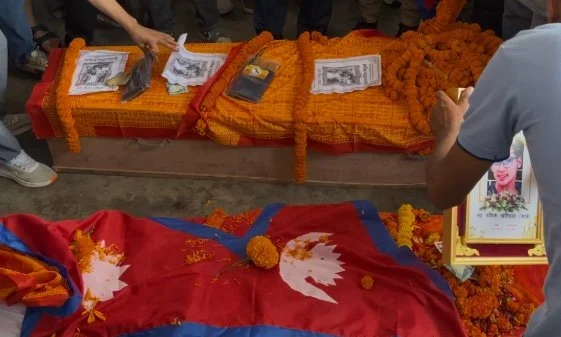
Nepal’s Rulers Paid for Seeking a Monopoly Over ‘Illegitimate’ Violence
A government does not survive by force alone, but by the public’s acceptance that it has the right to use force in the first place. Nepal’s government seemed unaware of this basic principle. The little trust that remained, already hanging by a thread, gave way completely on September 8, when police used brutal violence against young protesters. By the time ambulances began arriving with school and college students bleeding from bullet wounds to their heads and chests, the state’s claim to legitimacy was in free fall.
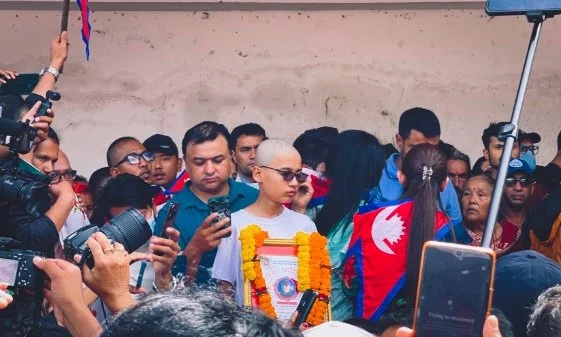
Nepal’s Gen Z Show People Hold Power Above the Constitution
In Nepal, a Gen Z movement recently brought down the government and demanded that Sushila Karki, a former Chief Justice of the country, be appointed interim Prime Minister. Although the Constitution bars anyone who has held that office from becoming head of government, the state agreed. This agreement demonstrated a core idea in political theory that the people, not the written text, are the true source of authority. It also stands as a warning to governments everywhere.

India’s Shift to Russia–China Axis Damages Its Democratic, Economic Interests
India is moving closer to Russia and China, stepping away from its partnerships with Western democracies. This new direction weakens its position in global trade, technology and democratic cooperation, pulling India toward authoritarian governments and brings economic punishment and fewer reliable international ties.
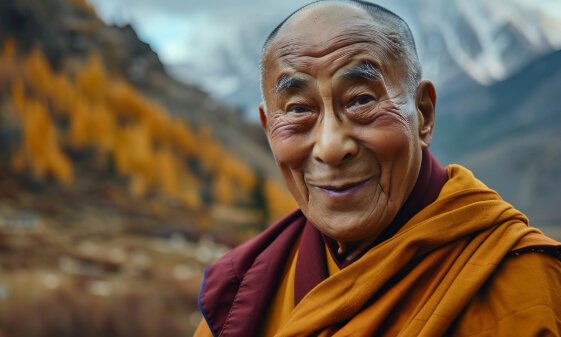
The Quiet Power of a 90-Year-Old Monk That China Cannot Silence
China stands as a global giant, with the world’s second largest economy, an expanding military footprint and growing influence in international diplomacy. Yet for all its power, it remains deeply unsettled by a monk living in exile in the Indian Himalayas – the Dalai Lama, who will turn 90 on July 6. The reason lies in what he symbolises and what China has failed to control despite decades of effort.

Should Religion Be Above Criticism?
A 22-year-old law student in Pune has been charged with allegedly offending religious sentiments after making derogatory remarks about Islam and the Prophet Muhammad. Whatever the merits of the case, the incident raises an important question: should the right to free speech include the right to criticise religion—one’s own or someone else’s?

Can Manipur Govt Be Restored When Legislators Still Can’t Cross ‘Borders’?
Ten legislators from the National Democratic Alliance (NDA) have reportedly demanded the restoration of a “popular government” in Manipur, citing the support of 44 MLAs and calling for an end to President’s Rule. Their demand comes even as the ground realities in the state—gripped by prolonged ethnic violence since May 3, 2023—remain unchanged. The central constitutional question is whether an elected government can be restored when one section of legislators remains physically and functionally excluded from the legislative process.

Did Ashoka University Prof. Violate the Law—or Just Offend Some Sentiments?
The arrest of Ashoka University professor Ali Khan Mahmudabad points to a troubling truth about how law enforcement operates in an increasingly polarised public sphere: in a politically charged atmosphere, the threshold for prosecuting an ordinary citizen—academic or not—can be alarmingly low. All it takes is one complaint, one misreading, or one wilful distortion of a public remark. The system, instead of examining the context or the merit of what is said, responds as if the outrage itself is evidence of wrongdoing.

India’s Alleged Secret ‘Rendition’ of Rohingya Refugees
Indian authorities have allegedly “abandoned”—rather than deported—40 Rohingya refugees in international waters near the Myanmar maritime border, forcing women, children and the elderly to swim to safety using life jackets. The action could be seen as a “secret rendition,” a term used to describe the covert transfer of individuals across borders without legal process.

What Would Tagore Say About Today’s India-Pakistan War Rhetoric?
As India and Pakistan exchanged fire recently, Indian media turned the conflict into a nationalist spectacle—fuelling misinformation, stirring up communal identity and drowning out voices of reason. In moments like these, warnings by poet-philosopher Rabindranath Tagore—who wrote India’s national anthem—about nationalism read less like history and more like a diagnosis.

Trump’s Kashmir Offer Shows the US Still Doesn’t Get India-Pakistan
By any diplomatic yardstick, U.S. President Donald Trump’s offer to mediate between India and Pakistan over Kashmir is misplaced. It rests on one of Washington’s most enduring and dangerous misconceptions—that Kashmir is the core problem between the two countries, a notion his predecessor Barack Obama also held.

A Manipur Scholar’s Mission to Rescue Kuki-Zo Wisdom Lost in Violence
After ethnic violence erupted in Manipur on May 3, 2023, hundreds of Kuki-Zo settlements mapping the community’s lineage burned in the following weeks and months. “When a village is burned, its history, culture and identity burn with it,” says Dr. Jangkholam Haokip, a Kuki-Zo tribal scholar who has returned to Churachandpur to salvage what he calls “irreplaceable human wisdom.”
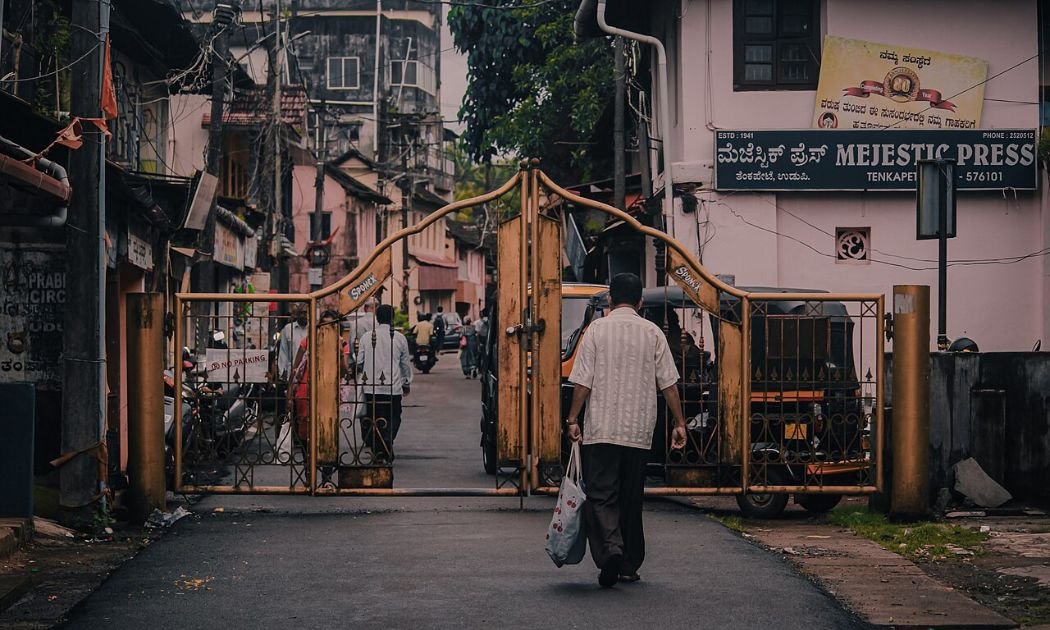
Lynching in Mangaluru, a City Haunted by Hate
Ashraf, a Muslim and daily wage labourer from Wayanad, Kerala, had arrived in this coastal Karnataka city just weeks earlier. On the evening of April 27, he was found dead near a temple in Kudupu—barely 10 km from Mangaluru city’s centre. Reportedly killed on the sidelines of a cricket match, his death was a brutal act that felt grimly familiar.
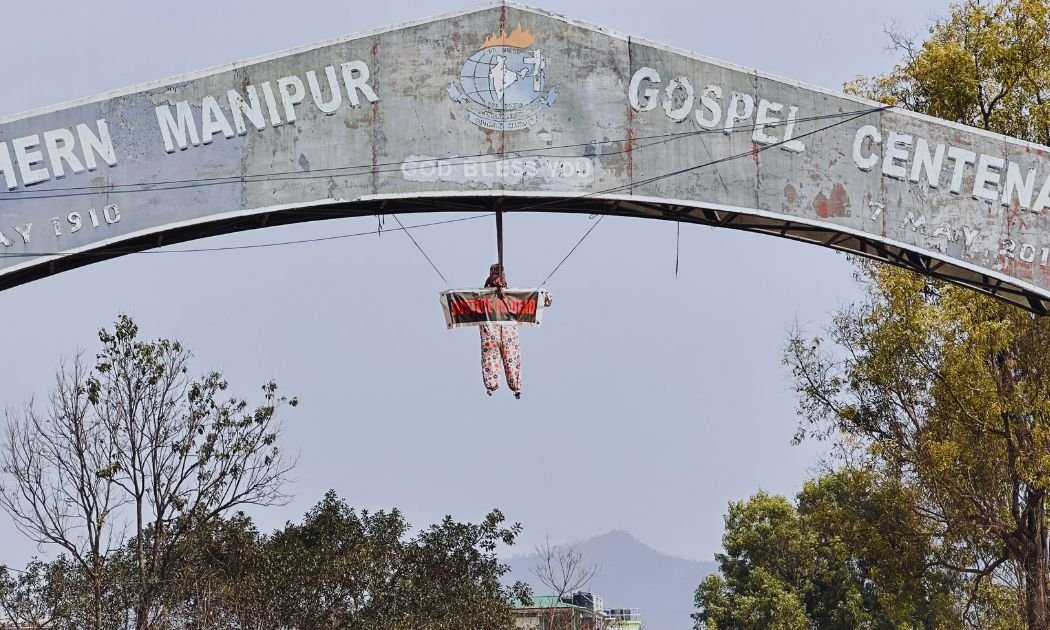
In Manipur, ‘Peace’ Must Not Be Sought at the Cost of Justice
Manipur’s Governor appears to be calling for peace without addressing justice, accountability or institutional reforms, despite the previous state government being accused of supporting one side and enabling the systemic targeting of one community. The Governor’s current stance suggests an expectation for the people of Manipur to simply “move on,” as if the past can be set aside without justice or accountability.
